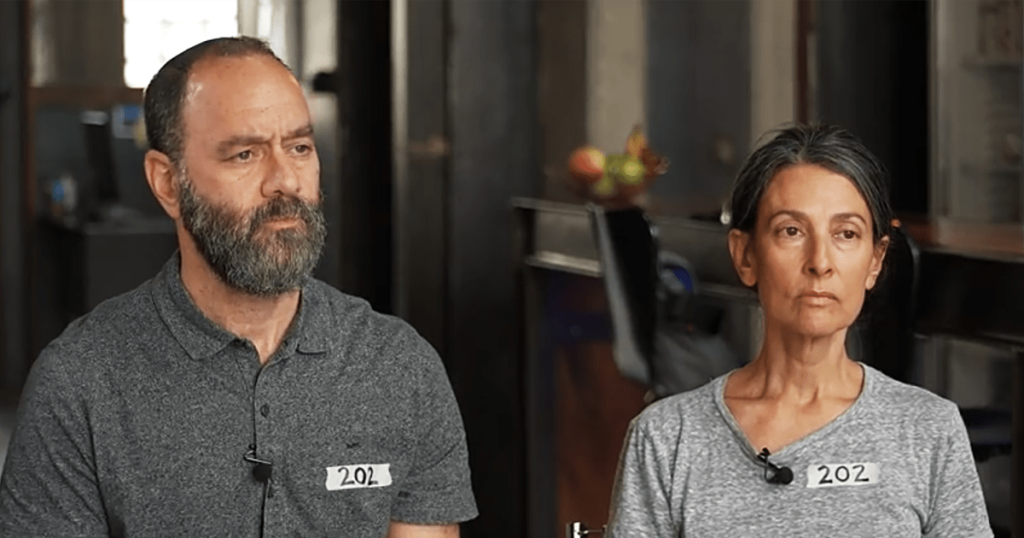The last glimpse Rachel Goldberg-Polin and Jon Polin had of their son, Hersh, was in a shaky video showing him with part of his left arm blown off by a Hamas grenade. After waiting 201 days, they were relieved and distressed to see him in a new video released by the militant group as proof of life. Despite the validation of seeing him, they were pained by the realization that he was suffering in captivity. It was unclear when the video was recorded or under what conditions Hersh was speaking, but his parents were focused on seeing him and hearing his voice.
In the video, Hersh calls on the Israeli government to make a deal to release the remaining hostages in Gaza. His appearance indicated that he had changed, looking pale, swollen, and as if he had been losing weight after more than six months in captivity. The family received a 45-minute notice from Israeli and U.S. intelligence sources before the video was released and were in touch with the Biden administration. The family was unsure if Hersh spoke in his own words or if his appearance was scripted, but they were grateful for any information about his well-being.
Hersh was taken hostage by Hamas at the Supernova music festival on October 7, and the family had not received any proof of life since then. The family has been relentless in its efforts to bring Hersh back, launching a social media campaign and making regular media appearances. They have met with world leaders and advocated for their son and other hostages. The family now feels newly motivated to push for the release of all hostages and keep the fight going to bring their loved ones home.
Negotiations to free the more than 130 captives who remain in Gaza have stalled, causing growing frustration and anger among their families. Rachel Goldberg-Polin’s message to negotiators is simple – she is a mother who is missing her son, stolen from his life and theirs by his captors. The family has been enduring a “slow-motion trauma” for over 200 days, and they believe it is time to release the pressure and tension in the region and put an end to the suffering. While they remain hopeful for their son’s safe return, they feel that hope is not just an option but a requirement in their situation.
Rachel Goldberg-Polin has worn a small piece of masking tape across her heart every day with the number of days Hersh has been in captivity, symbolizing the family’s ongoing struggle. They are determined to keep fighting for his release and the release of all hostages in Gaza. The family’s experience has shown them the importance of hope in the face of adversity and the necessity of pushing for change and resolution in the situation. Their story highlights the ongoing challenges faced by families of hostages and the urgency of addressing political and humanitarian issues in the region.


